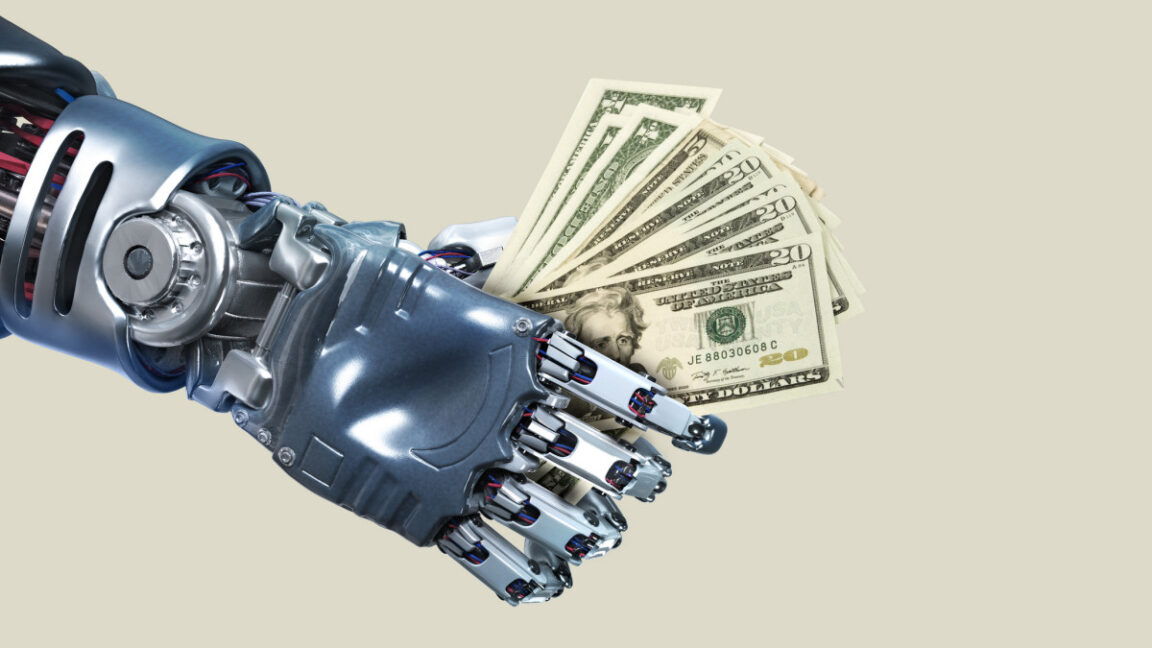AI Salaries Tower Over Historical Scientific Pay

The competition for top AI talent in Silicon Valley has reached a staggering new peak, overshadowing even the budgets of historical projects like the Manhattan Project and the Space Race. Meta recently made headlines by offering AI researcher Matt Deitke a sky-high compensation of $250 million over four years, surpassing past scientific compensation records. This offer highlights the high stakes tech companies face in the race to develop artificial general intelligence (AGI) and superintelligence.
Deitke, who co-founded Vercept and led AI developments at the Allen Institute, is one among the highly sought after in the field, with Meta also extending a billion-dollar offer to another unnamed AI engineer. Such investments underscore Silicon Valley's belief in the immense future value of AGI.
Historical figures like J. Robert Oppenheimer earned significantly less during pivotal scientific moments. In 1943, Oppenheimer made $10,000 annually, which translates to around $190,865 today, illustrating the stark contrast in pay scales.
This demand isn't limited to those currently working in academia or existing tech firms. Meta's lavish offers compare interestingly to salaries in other fields, like professional sports, where AI researchers sometimes out-earn NBA stars.
Meta's CEO Mark Zuckerberg emphasizes the company's strategy to continue investing heavily in AI, betting on superintelligence to transform Meta's entire operational landscape. With the potential for AGI to revolutionize markets, companies vying to claim this transformative technology are redefining compensation standards across all industries.
The Apollo program offers a striking historical comparison, where astronauts like Neil Armstrong earned far less, showing the evolution in how expertise is valued in today's tech-driven economy.
The allure of working on cutting-edge AI projects has driven competitive salaries even higher. Unlike the collective efforts of past scientific endeavors, today’s AI researchers command individual packages that reflect the unique skills required in this nascent field.
The broader tech competition has also fueled an substantial increase in salaries, as companies clamor for a shrinking pool of researchers able to advance multimodal AI systems, much like Deitke's previous work. This scramble signals a larger shift toward prioritizing a breakthrough that could hold immense economic benefits.
Observed in private chats and forums where offers and negotiation tactics are exchanged, escalating AI researcher compensations may well be the herald to achieving ground-breaking AI advancements.



